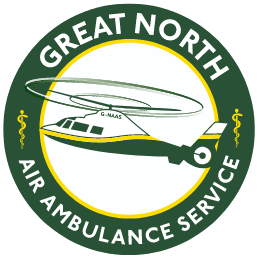We know how important clinical skills are to our team, but how about their ability to communicate, their stress levels, or even how hungry they are feeling? Araminta Hartley speaks to GNAAS doctor Jeff Doran to find out more about the human factors.
Hi Jeff. We know human factors is a vast subject, but could you explain what it is?
Human factors is a broad ranging term for some of the other things that go into the performance, safety and well-being of a team trying to accomplish a task.
It can best be thought of as all of the other things that go into doing that task well outside of just pure ‘knowledge’.
The list of these factors is not exhaustive but as an example it might include things like good communication, leadership, decision making, situational awareness etc.
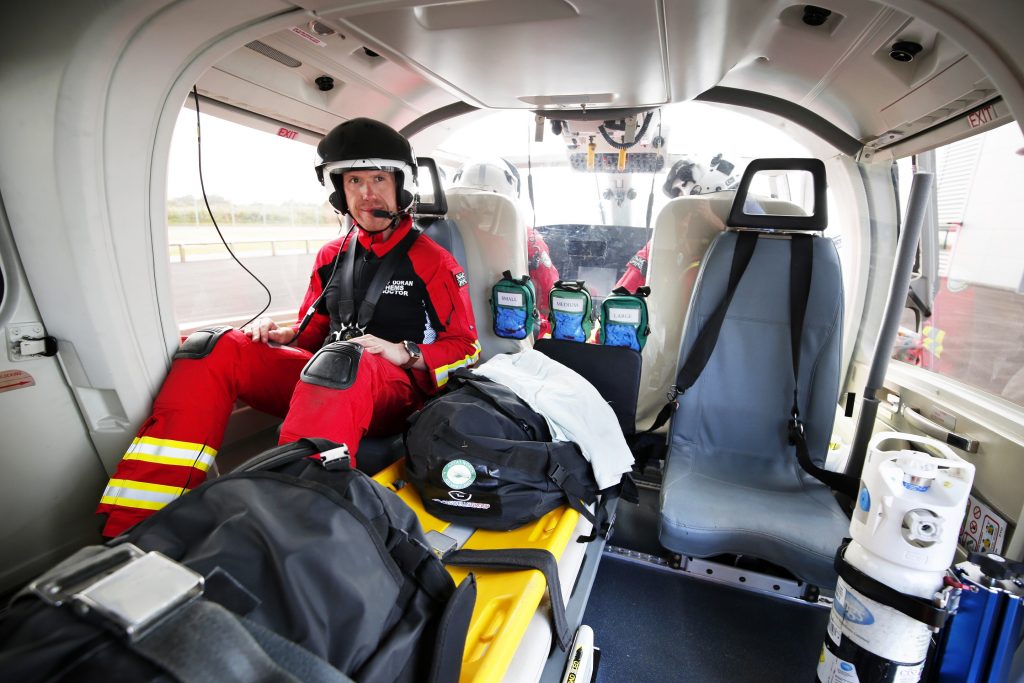

Raffle 2020: Enter to win £10,000
Much of the initial work was started in the 1960s and famously NASA was one of the early adopters during its astronaut training programme but following some high profile ‘disasters’ in the aviation industry that extensively developed knowledge and training programmes throughout the 1980s to present.
It is now so key to the industry that it forms a compulsory part of the annual training for all crew members (including ground, cockpit, and cabin crew etc) as a key component is recognising that everyone within that team has a role to play in improving the performance of the team as a whole.
Healthcare has increasingly recognised that supporting human behaviour as well as providing ‘knowledge’ is essential in reducing medical errors and improving health outcomes. The close relationships between clinicians and aviation in prehospital medicine has allowed us to take some of the skills and knowledge from aviation and pass this back to our hospital practice.
Other terms synonymous with human factors include Crew / Cockpit / Crisis Resource Management (CRM) or occasionally Team Resource Management (TRM).
What human factors affect pre-hospital clinicians?
It is crucial that our pilot, paramedic, and doctor team has a robust understanding of human factors when working operationally.
The extremely complex nature of the environments we work in, combined with the fact that often we are arriving in an aircraft, and that we are under an intense time pressure means that the team must work as effectively as possible to achieve the best patient outcome in a way that is as safe as possible (for the crew, the patient and the public).
We undergo regular formal training including looking at case studies where a breakdown of human factors occurred to try and understand what happened and why, so that we can best try to mitigate that within our own teams.
We also regularly ‘debrief’ after attending incidents and critique our own performance to try and enhance both team and individual performance as a whole.
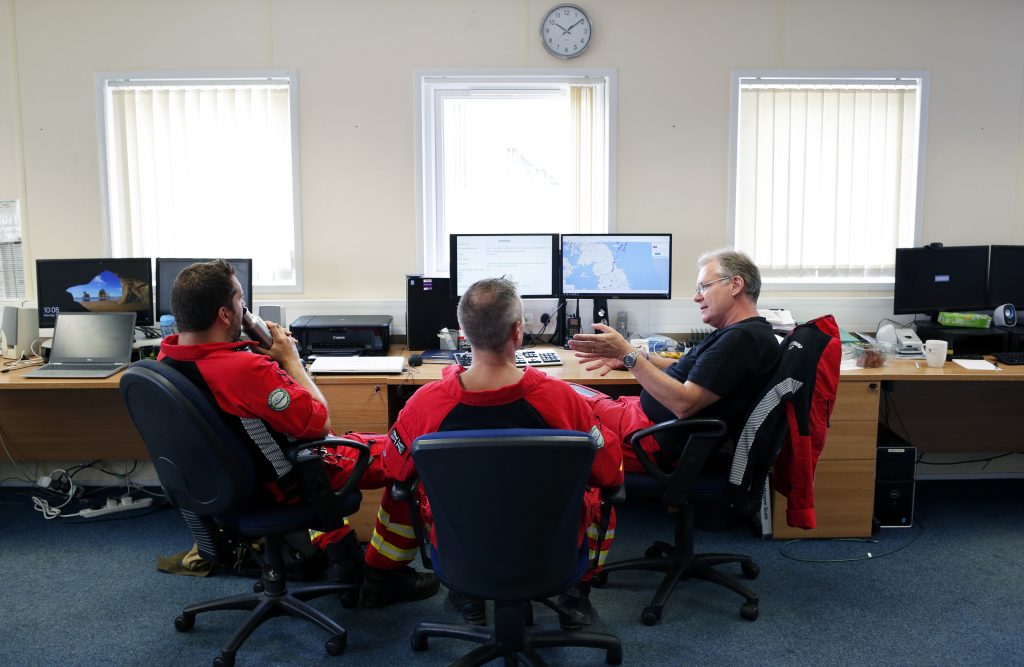

Help fund our vital missions by entering the raffle.
Why is it important to have the ability and understanding of human factors, as well as clinical skills?
Research over the past few decades shows that errors relating to human factors have contributed significantly to adverse outcomes in healthcare. We are now more and more aware that solely investing in pure knowledge-based training for clinicians won’t necessarily prevent patients coming to harm.
It is of course essential that doctors and paramedics study and learn the knowledge component of their specialities but given that medicine is never black and white (we are essentially trying to make decisions often in the absence of large chunks of information) and that successful outcomes depend upon more than, say, giving one drug versus another, supporting clinicians with an understanding of how non-clinical skills impact performance is of vital importance.
What non-technical skills should a person working in pre-hospital care have?
Common factors that we must regularly account for whilst on a mission include preserving good situational awareness (both in the aircraft and when dealing with patients) and communicating well (within the team and with others).
The patients we deal with can be extremely sick and their physiology is often changing rapidly.
Additionally, some of the procedures and techniques we carry out cause an additional change in physiology and so being aware of this as well as what is currently happening around us and where we need to be (with patient treatment or logistics) at say one minute, five minutes, 20 minutes form our situational awareness.
Faults in situational awareness are a key cause of human error. We also try to account for physical factors which many people do not really consider but things like managing fatigue, hydration and hunger etc are important as these all impact team and individual performance. Finally, we generally try to have a flattened hierarchy (all team members are equal and have an equal voice) but there are times when each team member must show appropriate leadership skills and so we try to understand how this is best done also.
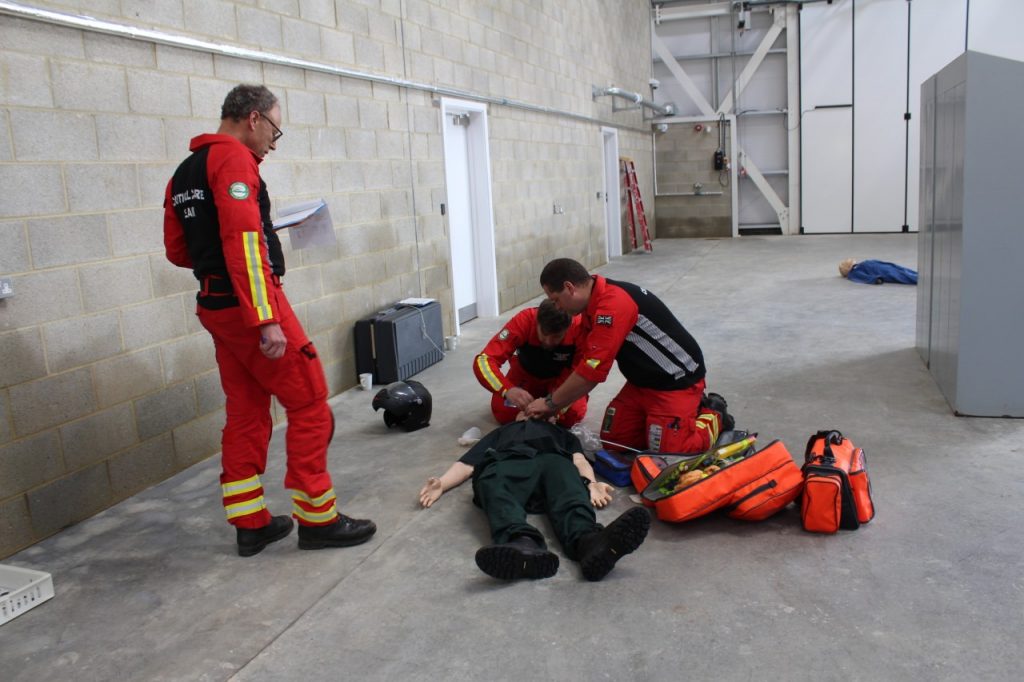

How are human factors taught at GNAAS? Do you offer training?
Human factors and non-technical skills make up a key part of much of the training we deliver at GNAAS. It is almost always one of the first subjects we try and teach about because it forms a cornerstone of all subsequent learning, especially as much of what we do involves simulation using teams and complex scenarios.
We recognise we still need to teach people the knowledge and clinical skill but through understanding that good performance occurs at the interface of behavioural sciences, human factors, skill and knowledge we try to leave learners with a deeper understanding of what goes into delivery of high quality care.
We have access to subject matter experts at both Northumbria University and within the aviation industry and it is a fantastic asset to GNAAS that we can use these experts to help promote good care within our teams and within the wider healthcare community.
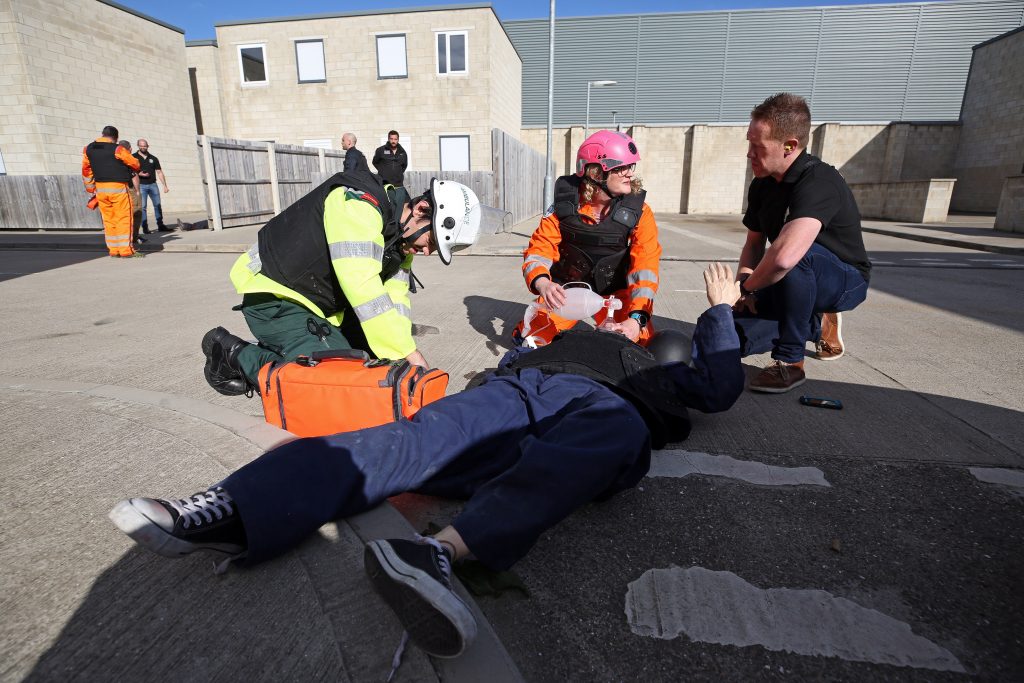

Help fund our vital missions by entering the raffle.
What type of training scenarios do you set up so clinicians can demonstrate the human factors involved when caring for a major trauma patient?
I don’t want to give away the specifics of any of our scenarios as some have been refined over many years and we are very proud of them but I can say that all our existing courses (PHEA and PHEMCC) and some of our yet to be announced courses all involve immersive simulation.
We use custom equipment and environments to place course candidates in challenging situations where a successful patient outcome (simulated) requires the application of clinical knowledge and also the use of non-technical skills such as maintenance of situational awareness (difficult in a rapidly changing scenario), appropriate leadership skills and also timely appropriate decision making.
We are working alongside the team at Northumbria University to study levels of anxiety and arousal in candidates to try and understand the psychological pressures that we are (in some cases deliberately) applying to try and ensure candidates get the most out of the scenarios without being so overloaded that learning is compromised.
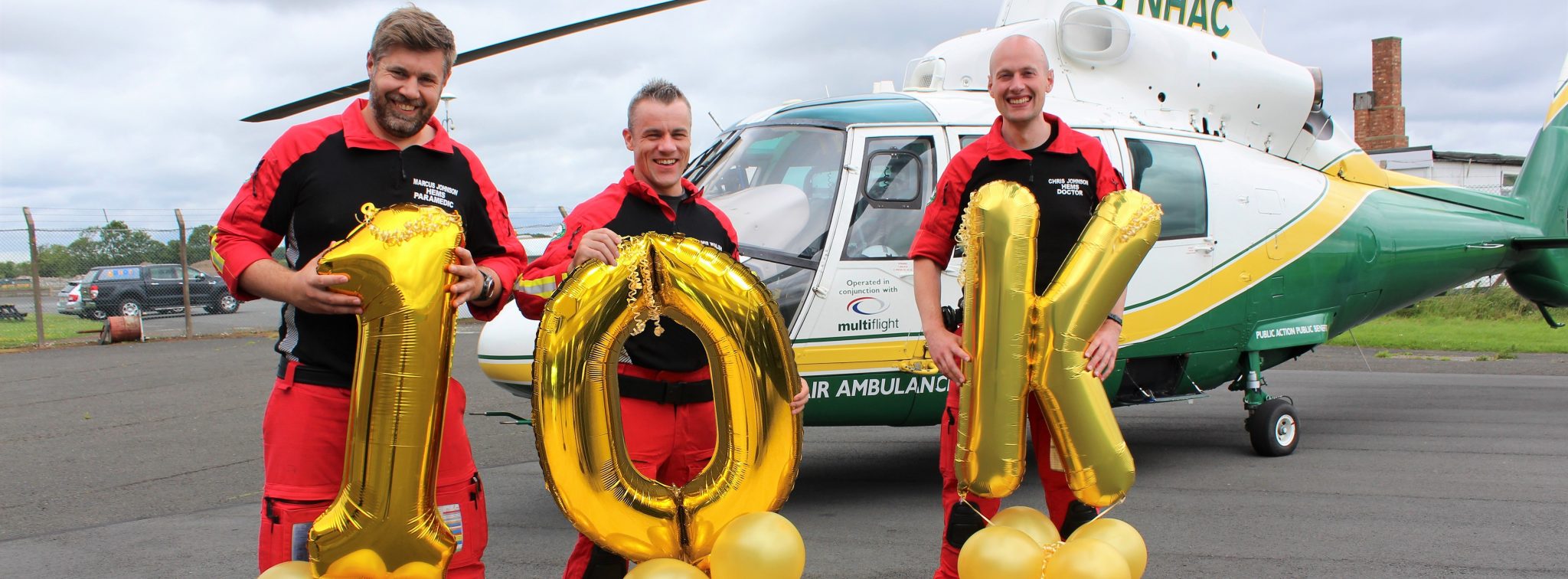



Enter the raffle
Support your air ambulance by playing the raffle and you could win the £10,000 top prize!
£1 per ticket. Draw date: 11 December 2020.
Number of tickets
Total: £0.00

